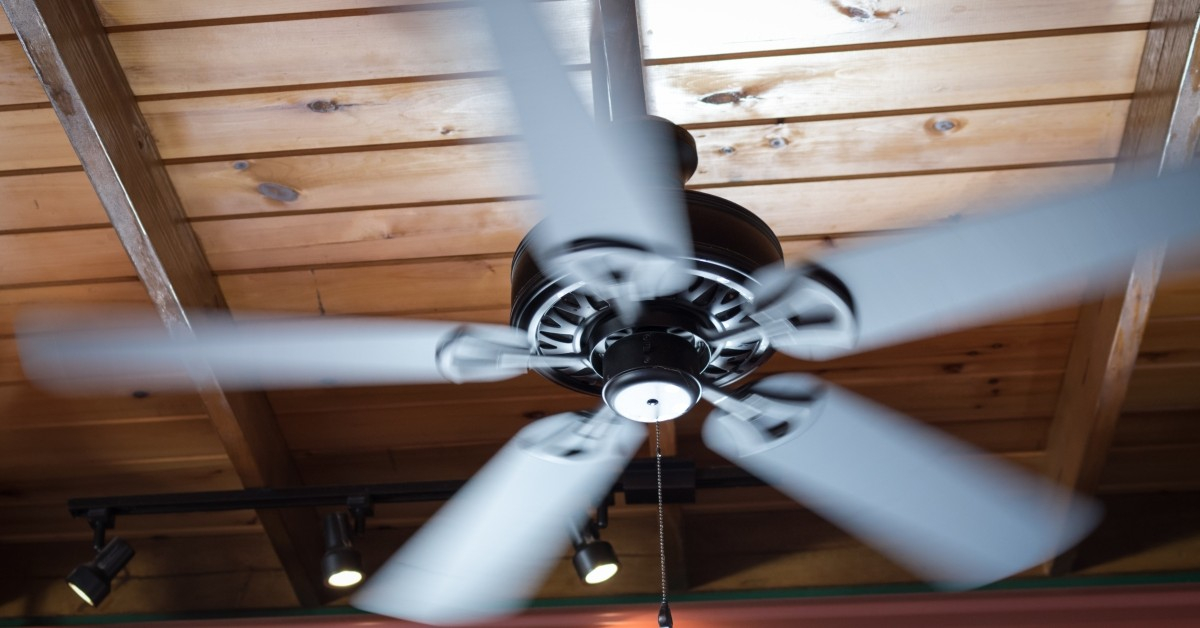At one point or another, we’ve all experienced the shock and dismay that comes from opening an energy bill and doing a double-take at the amount you owe the energy company.
Did they accidentally bill you instead of a neighbor? Did your energy provider increase rates without you knowing?
It’s certainly worth checking with the energy company if your bill doubles or triples, but many instances of a higher-than-average bill can be explained by things you’re doing (or not doing) around the home. We’ll explain six of the most common below, as well as detail how the Quality Air Experts team can help if you believe that your air conditioner is the cause. Give us a call to schedule a visit for your home, and read on to learn more about how you might be inadvertently increasing your electricity bill!
Relying on an Outdated Thermostat
How old is your thermostat? If it’s more than a decade old, then it’s time to start thinking about upgrading to a smart model. Old and outdated thermostats have a tendency to become less accurate as they age, and even a difference as small as 1 degree can add up in the long run. The difference can be particularly noticeable if your thermostat is suddenly several degrees off and uses much more energy than normal, resulting in a higher bill.
Smart thermostats are sleek, affordable, and can even be controlled from your smartphone as long as you’re connected to the internet. The most attractive feature, however, is that you can program them to learn about your household’s habits and turn them on and off automatically to save energy. If you’ve ever remembered that you left the air conditioning on right as you pulled up to work, you’ll love the convenience of a smart thermostat that can do it for you.
Cooling Your Home With a Ceiling Fan
Using ceiling fans is a great way to circulate air and keep specific rooms cool, but they can add a significant amount of money to your monthly energy bills. The power they use adds up over time, and it’s easy to forget to turn them off once you’ve left a room. If you choose to use them when you’re in a room, be sure that you set them to run counterclockwise so that they draw warm air up and push cool air down!
Using Old Appliances
Energy Star began rating appliances in 1997, and massive improvements in both affordability and technology have been made since then. If major appliances throughout your home haven’t been replaced in the last decade, then you’ll likely need to replace them before you see significant decreases in your electricity bills. The investment in efficiency is a worthwhile one, though — a new, energy-efficient fridge is estimated to use approximately four times less energy!
Leaving Devices and Chargers Plugged In
Take a moment to consider how many devices around your home are plugged in. Computers, printers, gaming consoles, and other electronic devices are probably plugged in and ready to use at a moment’s notice. Many consumers are unaware that devices in standby mode use energy, even when they’re not in use. The amount of energy used might be negligible for just one device, but the cost can add up in the long run. If your energy bills are increasing, consider unplugging both large and small electronic devices when you’re done using them. The few moments you have to wait for them to power up might just be worth the savings on your next bill!
Using Energy During Peak Hours
Did you know that many energy companies have different rates depending on the time of day? Many providers have what are known as “peak hours” to reduce consumption during high-demand times of the day, and using major appliances or electronics during these hours is almost guaranteed to make a noticeable difference on your next statement. Whether you’ve recently moved to a new area or you’ve simply never checked with your current provider, it’s a good idea to check and write those hours down where you and your family will see them every day.
Not Replacing HVAC Filters
Did you know that failing to change your HVAC filters on a regular basis is a common cause of high electricity bills? It’s easy to forget to change them in the recommended time frame of 30 to 90 days, but you’ll likely notice a difference in your system’s efficiency once the filter has been thoroughly saturated and isn’t able to circulate air as efficiently. In fact, you’ll probably notice that it takes longer to cool your home and that your indoor air quality is low! More importantly, however, you’ll notice the difference when it’s time to foot the bill for all of the extra work it took for your system to push air through the dirty filter.
Contact Quality Air Experts
We hope that this post will help you reduce your energy consumption this summer and throughout the rest of the year. We plan to continue discussing tips to help you save energy in future posts, so be sure to come back to our blog in the coming weeks and months!
In the meantime, take this opportunity to schedule preventative HVAC maintenance for your home. Seasonal maintenance is a great way to get ahead of unexpected AC repairs, keep your system operating at peak efficiency, and ensure that your home stays cool and comfortable all season long!

